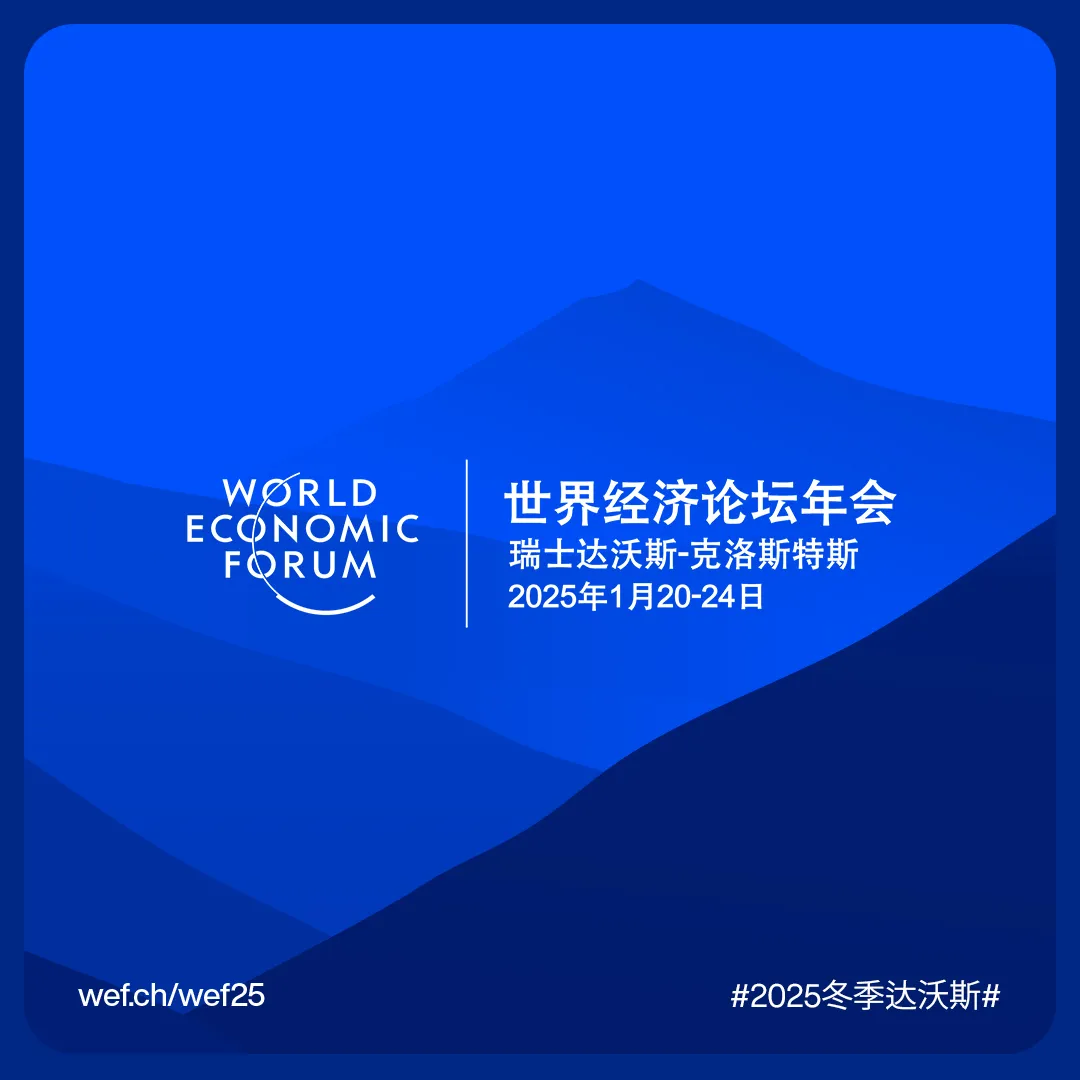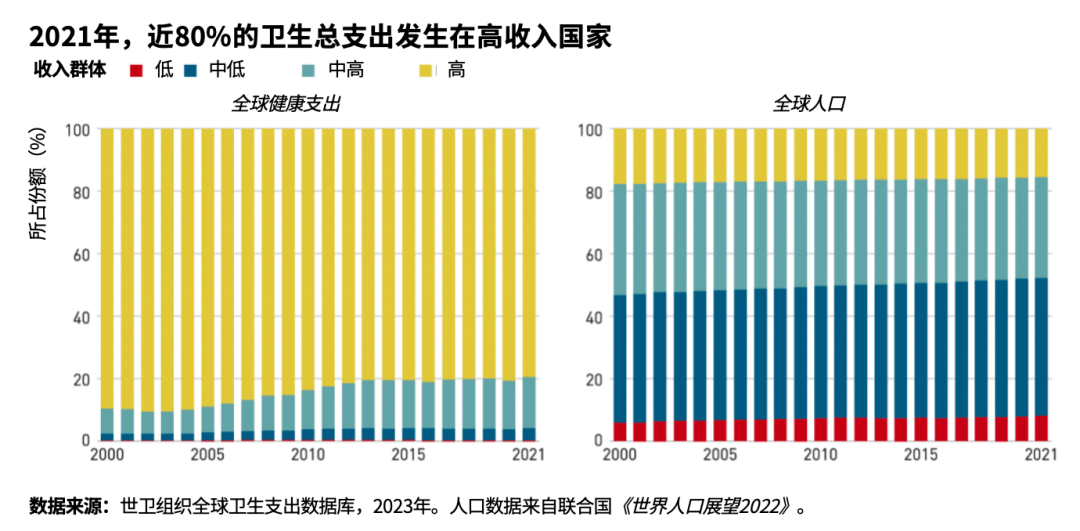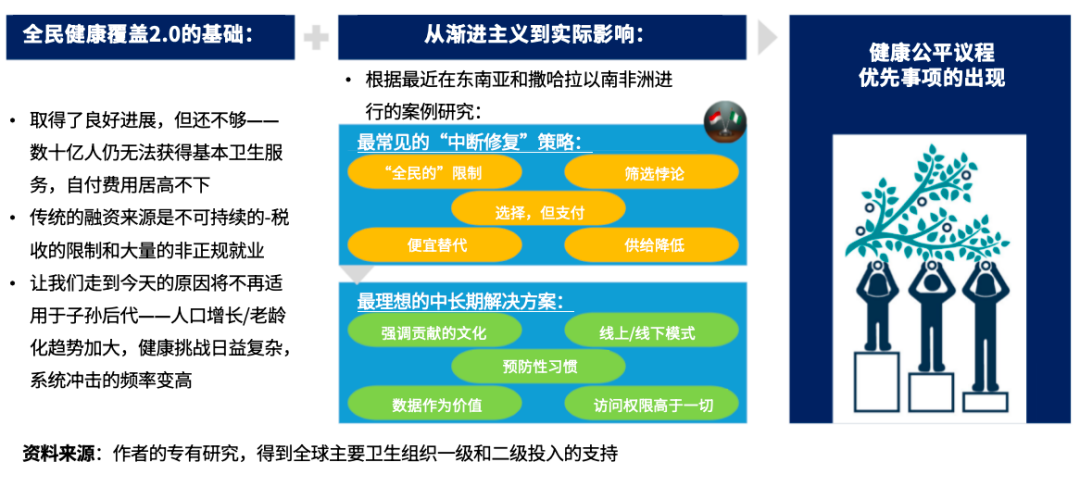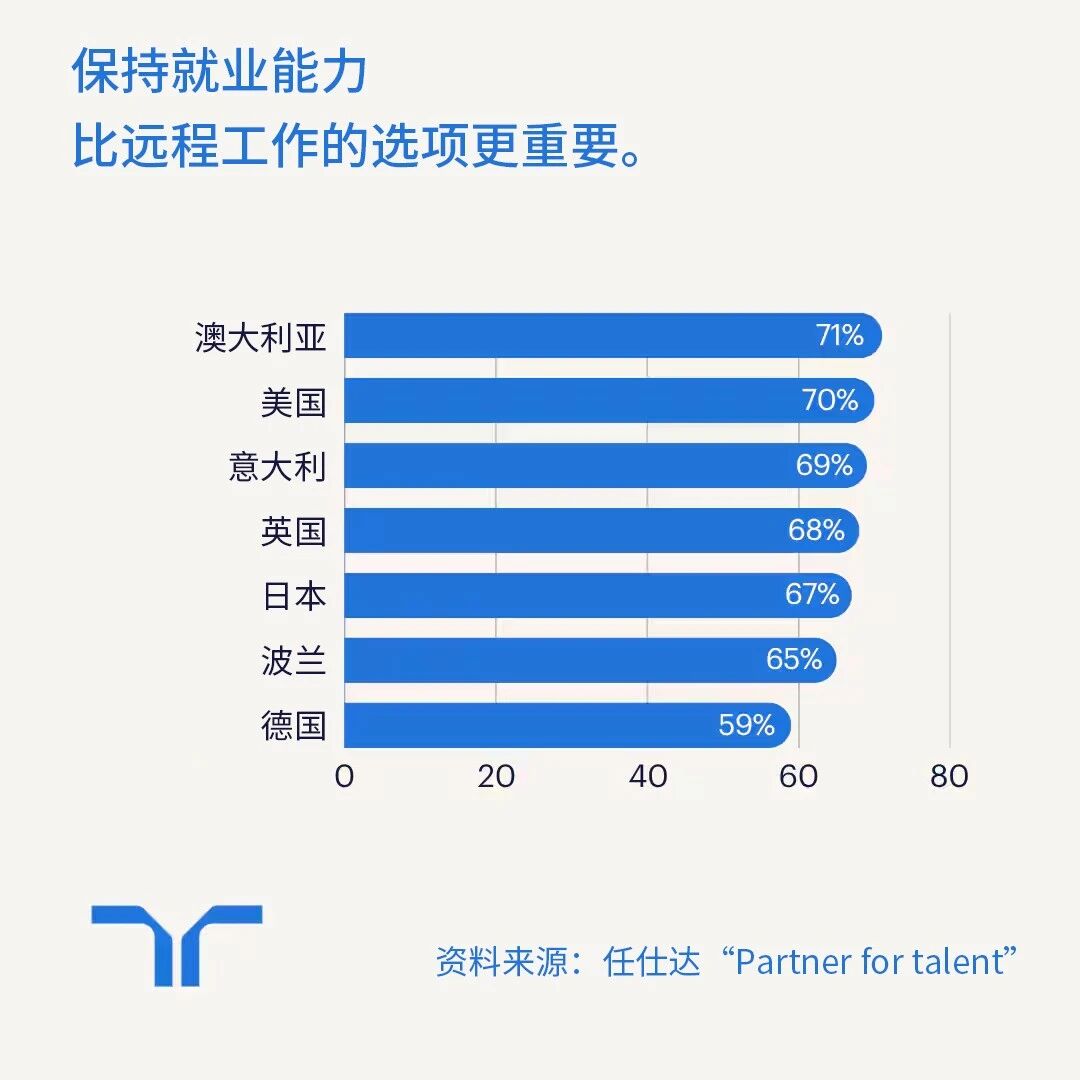Health equity funding is crucial for achieving Universal Health Coverage 2.0.
Image source:Getty Images
Chris Hardesty
Visiting Lecturer, Global Health Business School, University College London
Ruma Bhargawa
Head of the World Economic Forum's Mental Health Initiative
Universal health coverage means everyone can access healthcare without financial hardship, but progress toward this goal has stalled.
The latest research on achieving universal health coverage focuses on the critical need for health equity—ensuring that everyone can fully realize their potential for health and well-being.
This requires healthcare leaders to be willing to collaborate with public and private sector organizations in areas such as research and funding.
The World Bank believes that, nearly a decade into the implementation of the UN Sustainable Development Goals, efforts toward achieving universal health coverage have "largely stalled," despite significant progress made so far.Universal health coverage means everyone can access healthcare without facing financial hardship. Yet around 4.5 billion people remain underserved, and since 2015, the proportion of households spending more than 10% of their budget on out-of-pocket medical expenses has risen. Moreover, since the outbreak of the pandemic, as many as 1.3 billion people have been pushed deeper into poverty due to healthcare-related costs.We must remind ourselves that the work toward achieving universal health coverage is far from complete.The Ongoing Impact of the COVID-19 Pandemic on Healthcare FundingUniversal health coverage serves both as a financing mechanism and a powerful lever for delivering healthcare services. Government spending on healthcare—such as the proportion of GDP allocated to the sector—often becomes a critical factor in a country’s strategy for achieving universal health coverage. Since the outbreak of the pandemic, government healthcare expenditures have steadily risen and are expected to continue growing rather than declining. By 2030, annual growth is projected to stabilize at around 5%, driven by rising demand and broader inflationary trends. Notably, the fastest-growing area of spending is prevention.However, the challenge lies in distributing these resources more equitably. Per capita health spending can vary significantly across countries. For instance, high-income countries, which account for 16% of the world’s population, spend more than three-quarters of global health expenditures.In 2021, high-income countries spent more on health care than the rest of the world combined.
Image source:Health Policy Watch
Faced with a deteriorating economic situation, rising inflation, and lingering debt obligations, most governments urgently need to overhaul the fiscal health of the public sector. Three-quarters of respondents believe this transformation will occur within the next decade—and could involve alternative funding sources, such as a universal basic income or increased private-sector financing. Achieving the Sustainable Development Goals, including more equitable universal health coverage, will largely depend on the ability and capacity to make such critical financing decisions.A New Agenda for Health EquityPerhaps it is precisely for these reasons that, while the progress made over the past decade toward universal health coverage has been encouraging, it may still fall short of delivering on the promise of the Sustainable Development Goals in the next decade. This issue served as the inspiration for the World Economic Forum’s 2021 report—and subsequent research into “Universal Health Coverage 2.0.”According to this study, demographic shifts over the course of a single generation mean that Universal Health Coverage 1.0 may now be unsustainable: populations in many countries have doubled, while those in low- and middle-income nations have grown tenfold. Meanwhile, the global average age has risen by 40%, and although the burden of infectious diseases has declined by 50%, chronic illnesses continue to cause an alarming 500 million years of life lost annually.Moreover, the task of achieving universal health coverage remains unfinished. Globally, fewer than half of the population has access to essential healthcare services, and 80% of deaths among children under five occur in sub-Saharan Africa and South Asia. Meanwhile, in low- and middle-income countries, where 70% of people are engaged in informal employment, these nations collect only about half of their targeted revenue through taxation.In fact, research shows that countries attempting to implement Universal Health Coverage 1.0 have encountered modern "design flaws." As a result, resources were poorly balanced, making it impossible to deliver on the promise of universal health coverage—especially in the face of frequent shocks and crises to the healthcare system, such as the COVID-19 pandemic.This research on Universal Health Coverage 2.0 includes case study analyses of maternal health care in Nigeria and telemedicine in Indonesia, complemented by insights drawn from previous studies on immunization, diabetes, and rare diseases. The findings reveal that stakeholders from both the public and private sectors are acutely aware of the current limitations of universal health coverage. Yet, they’re increasingly concerned that these constraints could give rise to an imbalanced "culture of free expectations," as well as a troubling "missing middle" in socio-economic development. Meanwhile, the inherent limitations of UHC 1.0 often push stakeholders toward short-term, piecemeal solutions—such as narrowing coverage—to address immediate challenges, even as they simultaneously explore more innovative, long-term approaches for their populations.Entering the upgraded agenda for Universal Health Coverage and the Sustainable Development Goals: "Health Equity." The World Health Organization states that this is "achieved when everyone can reach their full health and well-being potential."How to create health equityThe research findings from Universal Health Coverage 2.0 have laid a solid foundation for health equity. They indicate that stakeholders are eager to embrace forward-thinking health financing concepts, such as mandatory universal health coverage contributions, integrated online-and-offline care models (with data serving as a key value driver), smarter procurement strategies, privatized national health insurance systems, more accurate projections of future healthcare workforce needs, and enhanced efficiency in leveraging existing resources.From Universal Health Coverage 2.0 to equitable health financing in the post-pandemic era.
Image source:Christopher Hardesty, 2024
Recent health equity strategies may involve countries testing alternative universal health coverage models in existing settings and use cases, while also promoting these concepts both domestically and in other nations with similar characteristics. These countries can then gather evidence to inform future cross-border healthcare policies.The World Economic Forum’s Center for Health and Healthcare is championing universal health coverage globally by advocating for, advancing, and driving action across all health sectors. Working closely with stakeholders from governments, the private sector, the United Nations, civil society, and academia, the Center aims to accelerate progress toward achieving universal health coverage.Fully implementing the People’s Health Coverage 2.0 version, with a focus on health equity, requires thoughtful, phased reforms to support healthcare leaders in making informed decisions—while also prioritizing cultural appropriateness. Healthcare leaders across all nations should strive to ensure stability, continuity, and an open-minded approach to public-private partnerships, ultimately paving the way for a new generation of equitable healthcare financing that benefits people worldwide.
The above content represents the author's personal views only.This article is translated from the World Economic Forum's Agenda blog; the Chinese version is for reference purposes only.Feel free to share this on WeChat Moments; please leave a comment below the post if you’d like to republish.
Editor: Wang Can
The World Economic Forum is an independent and neutral platform dedicated to bringing together diverse perspectives to discuss critical global, regional, and industry-specific issues.
Follow us on Weibo, WeChat Video Channels, Douyin, and Xiaohongshu!
"World Economic Forum"







